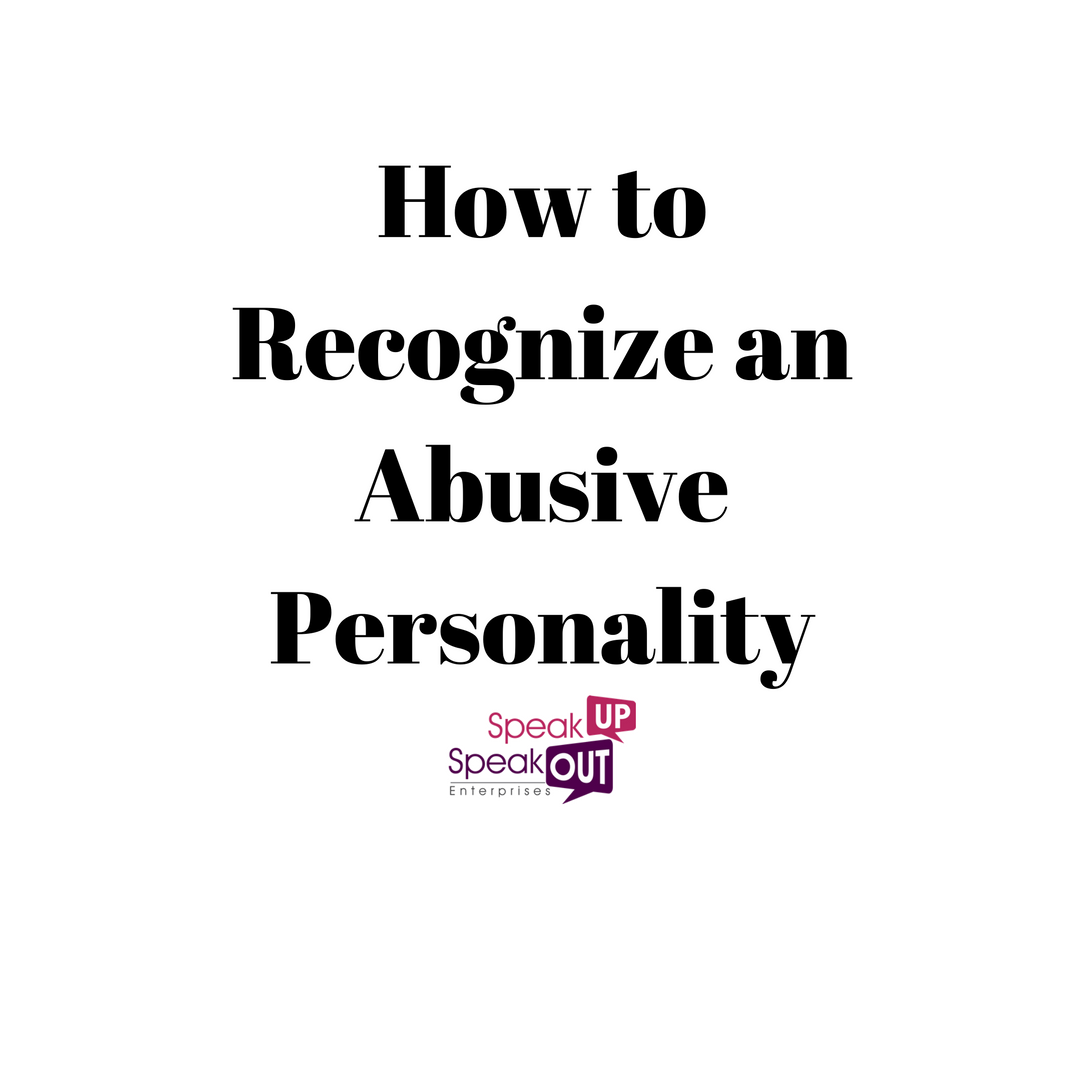 While abusive personality traits are a factor in abuse cases, upbringing and environment are the primary triggers for a normal person to become an abuser. Abuse is typically a cycle, where the abuser was once abused when they were younger. If a father abuses a son, there is a high chance that the son will go on to abuse his children or spouse.
While abusive personality traits are a factor in abuse cases, upbringing and environment are the primary triggers for a normal person to become an abuser. Abuse is typically a cycle, where the abuser was once abused when they were younger. If a father abuses a son, there is a high chance that the son will go on to abuse his children or spouse.
Identifying abusive personality traits can help you learn if you are at a high risk of abusing someone. While these traits do not necessarily mean abuse is happening, they can be indicators that there is a high risk of abuse.
- Controlling Personality / Jealousy.
Does the person try to control their family? Controlling tendencies are born out of the fear that abuse will be discovered. Jealousy factors into this out of the fear that their family will abandon them.
- Previous Abuse
Abusers are often victims of abuse themselves. Those who have been abused often require therapy in order to break the cycle of abuse.
- Violent Tendencies
A short temper and the urge to strike out is a trademark of someone who is at high risk of abusing someone else.
- Addictions
Those suffering from drug or alcohol dependency run high risk of being an abuser.
- Emotionally Unstable
While mental disorders, such as bipolar, do not necessarily mean that the person is abusive, their risk of becoming an abuser is raised if they also suffer from mental disorders such as Narcissistic Personality Disorder. These disorders enhance the sensation of being out of control, which has been tied to abusive behaviors.
It is vital that if you are dealing with a potential abuse case, you do not use abusive personality traits to condemn someone. While abuse is not right, the abuser often needs as much help as the person he or she has abused.
If you have been abused, or know someone who is being abused, it is vital that they get help. However, it is important to realize that those who are abusing will often feel run into a corner when the subject of their abuse leaves. This can escalate violence. If you are in this situation, or know someone who is, professional help with the situation is suggested and available. Hot lines, reading materials, and other resources are available for victims of abuse. Handling abuse cases can be very difficult, as directly intervening can put you at risk of injury. Please call 911 if you are in immediate danger or call the National Domestic Violence Hotline at 1-800-799-SAFE (7233)
Dr. Tamika Anderson is an author, speaker, and Founder of Speak Up, Speak Out Enterprises. Dr. Tamika is a survivor of 20 years of Domestic Violence and Abuse. Inspired by her own Domestic Violence experience, Dr. Tamika’s work aims to empower women and survivors of domestic violence through speaking, coaching, and mentoring. Dr. Tamika’s dedication to helping women inspired her to write the #1 International Best-Selling book, Speak Up & Get Out: A Guide to Survive & Thrive from the Devastation of Domestic Violence. To learn more please visit: www.TamikaAnderson.com/Media
